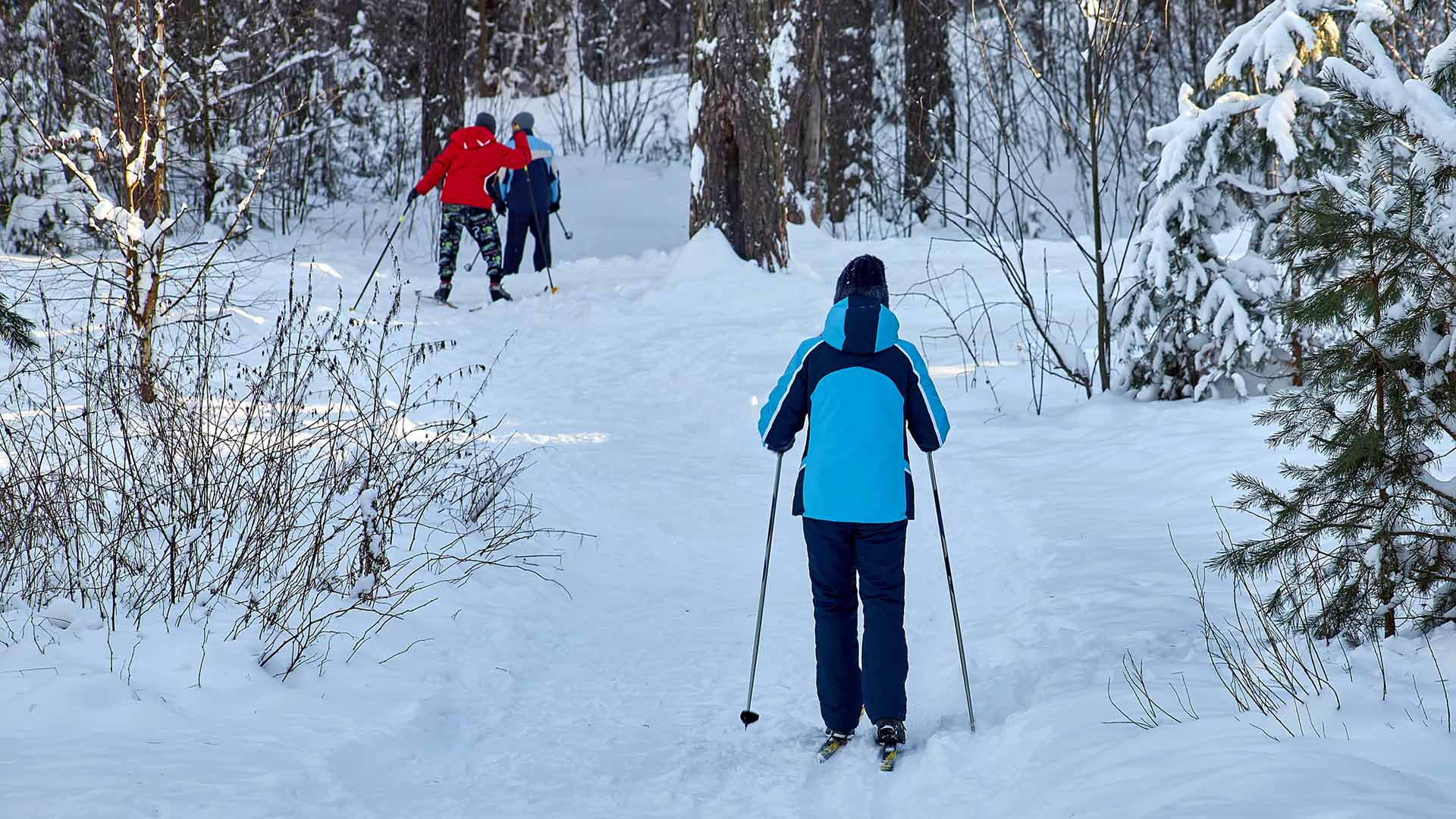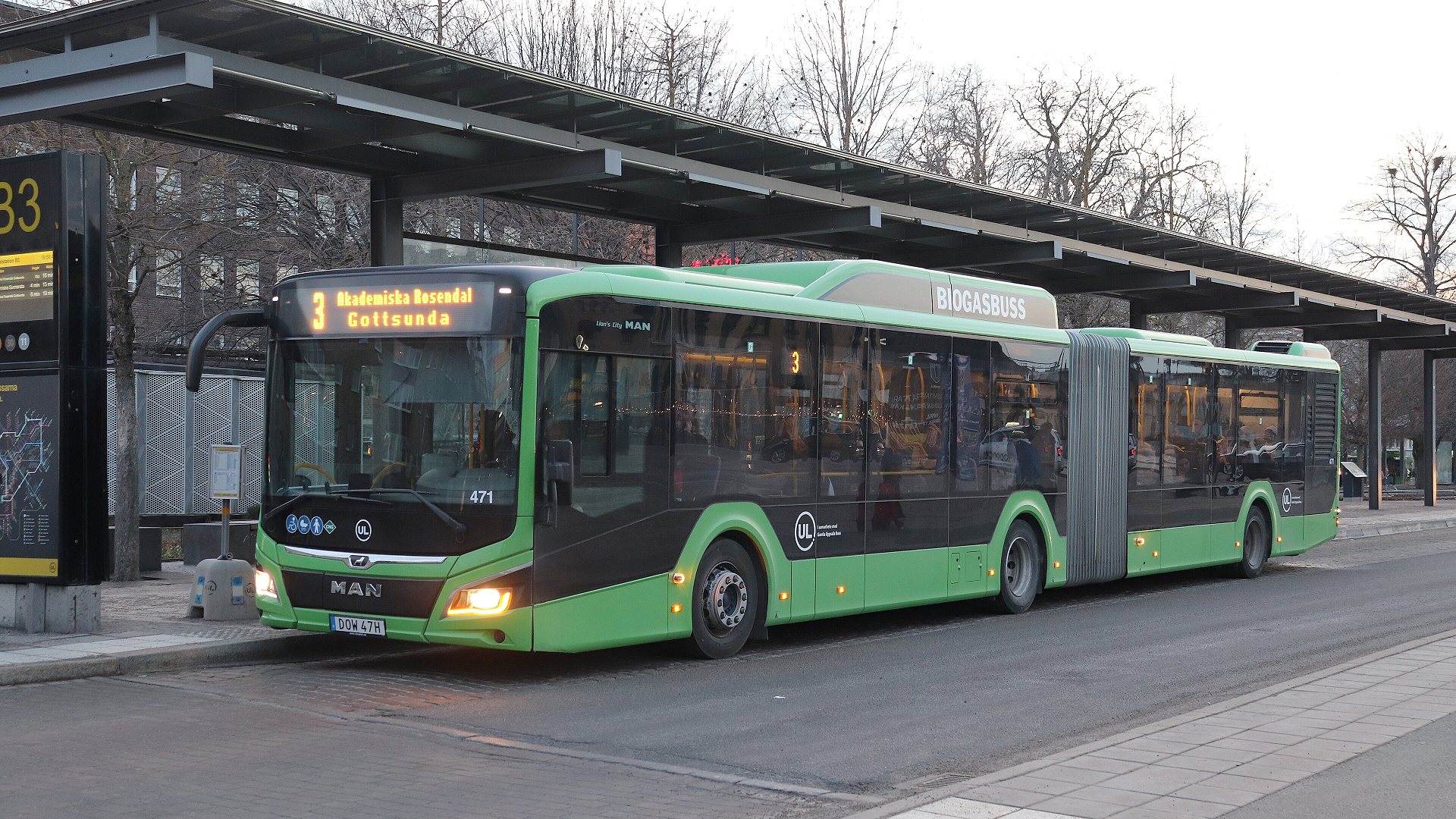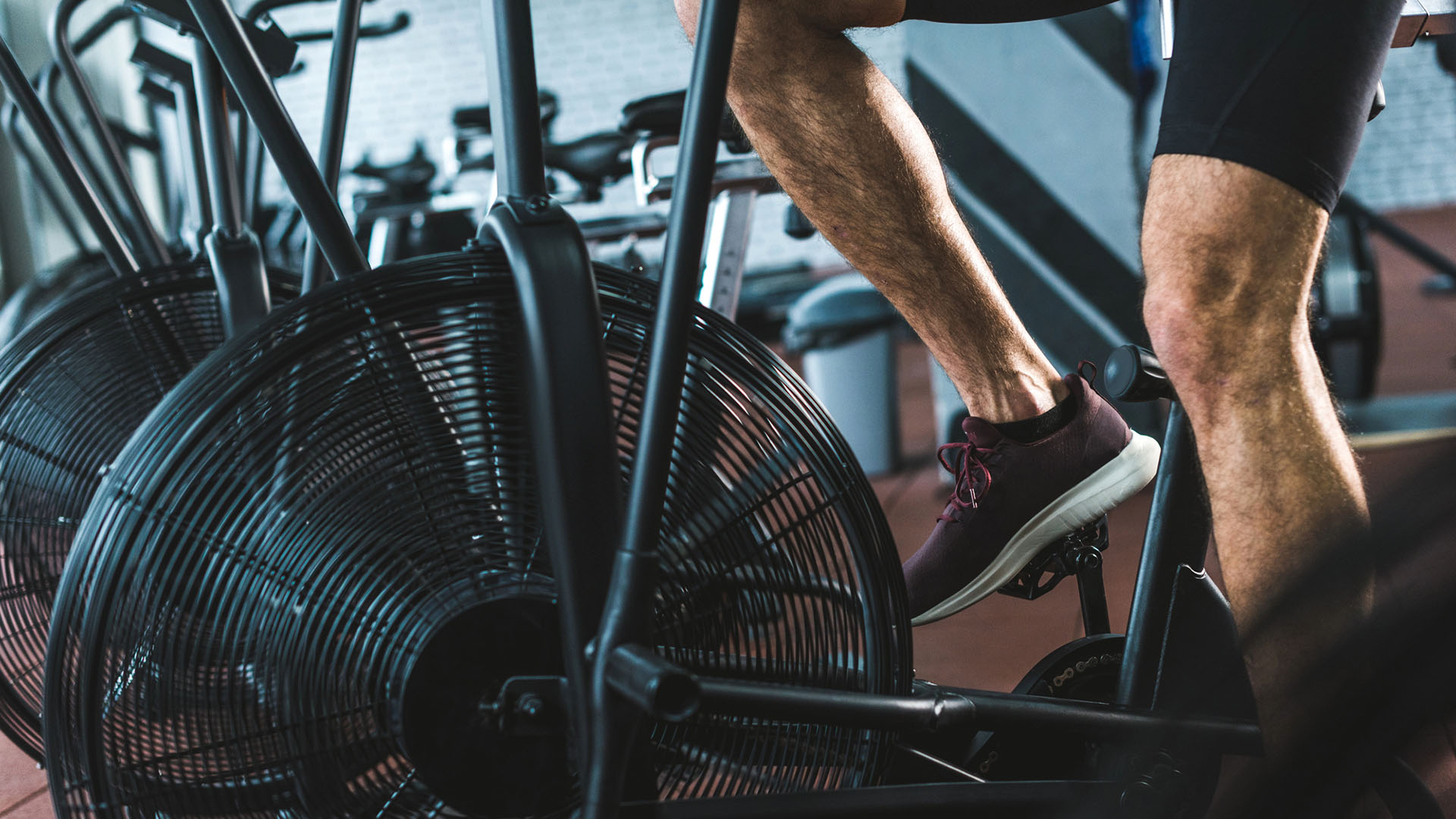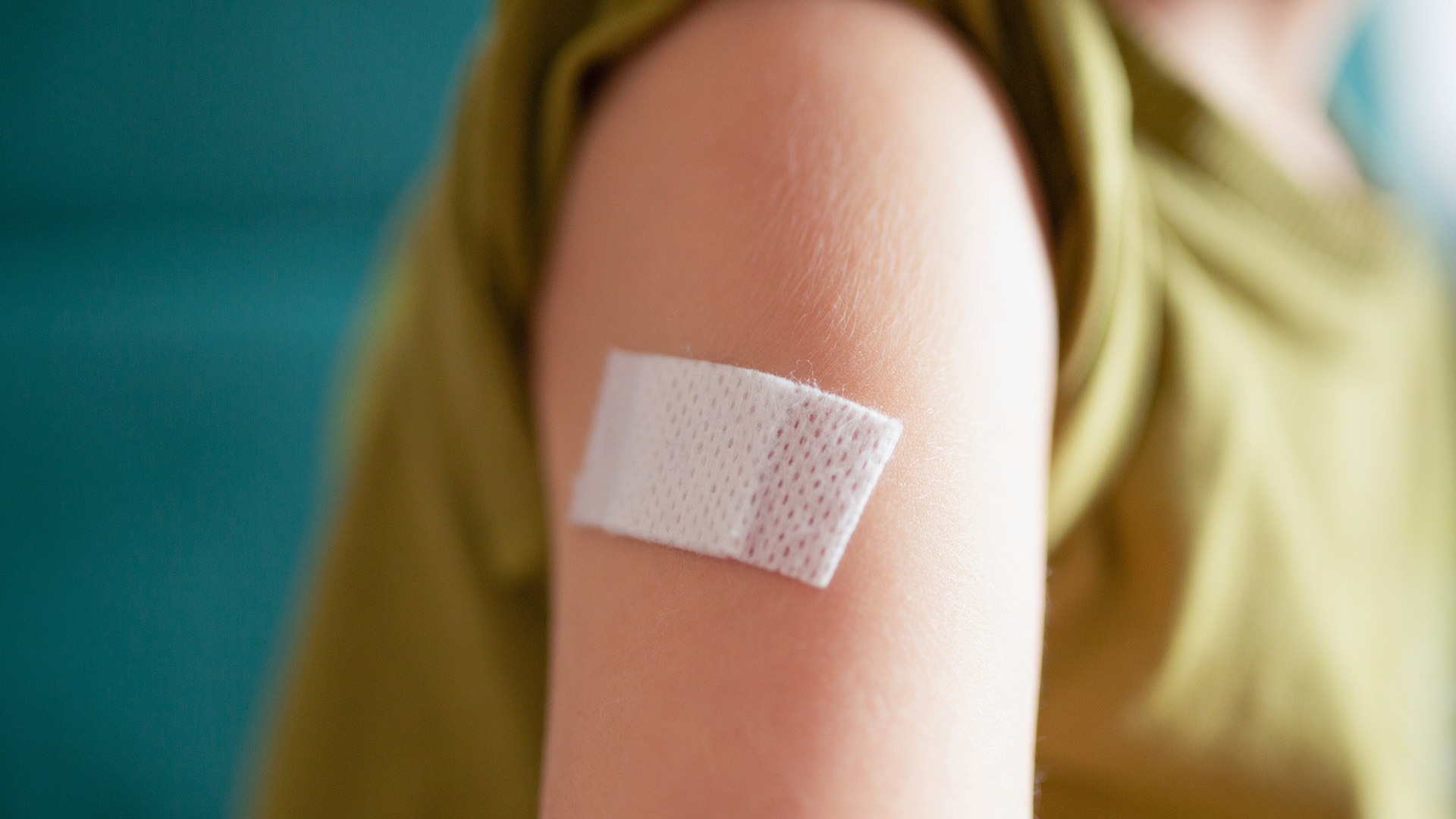Linnaeus descendant takes doctorate on last day of Linnaeus Tercentenary
This weekend the tercentenary celebrations of Carl Linnaeus’ birth will come to an end in Sweden, and today his young descendent, Martin Nervall, will publicly defend his dissertation at Uppsala University. It deals with malaria, just as Linnaeus’ 1735 doctoral thesis did.
“Grandfather’s tales about Linnaeus, who is my great great great great great great grandfather, has always been a source of inspiration to me,” says Martin Nervall.
Carl Linnaeus is of course best known for his naming of species, primarily in the plant kingdom, but he took his doctorate in medicine in Holland in 1735, and his subject was malaria. In those days medicine and botany were closely related disciplines-there was a great deal of interest in describing how plants could be used as medicines. To get his doctoral degree in medicine Linnaeus traveled to Harserwijk, Holland, where he defended his thesis one week after his arrival. In his dissertation he investigated various theories for the causes of the disease and launched the theory that malaria was caused by muddy drinking water that block the blood vesselsafter all, the disease was common in regions with stagnant water. He advocated the use of bitter substances as a cure, especially cinchona bark, which contains quinine, which is still used in malaria medicines.
A great deal has happened since then. Some 150 years later the connection was made between malaria and mosquitoes. Today, 2007, malaria is still a major health problem in tropical parts of the world. More than a million people die each year, most of them children. Resistance to the most common medicine is a growing problem, so there is a great need for new malaria medicines. The disease is caused by a parasite that nourishes itself on the hemoglobin in red blood corpuscles. Finding substances that prevent the malaria parasite from breaking down hemoglobin is one way to develop new cures.
Martin Nervall, a graduate of the engineering program in molecular biotechnology at Uppsala University, made use of data computations to find suitable such substances and to enhance our understanding of how they function at the molecular level. Several substances that seem promising have been produced by synthetic chemists.
“My part deals with finding substances and then analyzing the models to provide an explanation for why they bind. On the basis of that knowledge, even better substances can be designed that hopefully can lead to new treatments for malaria in the future,” says Martin Nervall.
Pictures can be downloaded at http://newsdesk.se/pressroom/uu/pressrelease/view/linnaeus-descendant-takes-doctorate-on-last-day-of-linnaeus-tercentenary-185929
Caption: Martin Nervall at the Linnaeus Museum with his own and his ancestor Carl Linnaeus’ dissertations on malaria. In Linnaeus’ day, however, it was common for the professor to write the dissertation. The task of the student was then to defend it. Linnaeus wrote hundreds of theses on various subjects during his decades as a professor. The portrait in the background was painted by Martin Hoffman in 1737. It shows Linnaeus, age 30, wearing the South Saami winter apparel he acquired during his journey to Lapland in 1734. There are three copies of the portrait, but this one at the Linnaeus Museum is the only one that depicts Linnaeus’ scientific work from his sojourn in Holland. In his luggage from Sweden he carried, besides the dissertation, some ten manuscripts that were published in Holland, including classics like the first edition of Systema Naturae and Flora Lapponica.
Kontaktinformation
For more information, please contact Martin Nervall, phone: +46 (0)18-471 50 58; cell phone: +46 (0)70-988 57 09, e-mail: nervall@xray.bmc.uu.se




